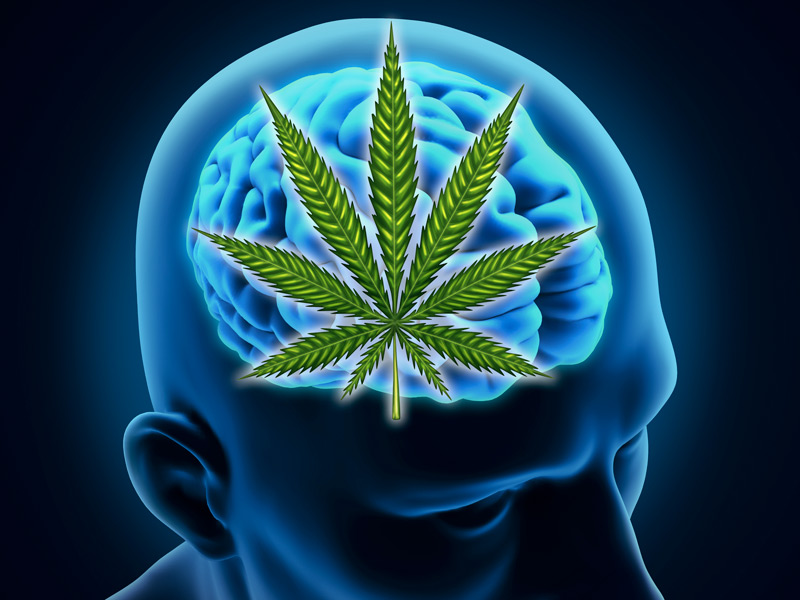Study highlights CBD as a natural nootropic, cannabinoid increases brain blood flow
One of the cannabis plant’s primary compounds, cannabidiol (CBD), has managed to garner attention once again for its potential use in the medical world. This time, researchers from the University College London have discovered that CBD could be a powerful nootropic.
Based on their findings, the non-psychoactive cannabinoid could boost blood flow to an integral region within the brain that is responsible for memory and emotions. In past studies, CBD has also demonstrated its ability to act as a neuroprotectant.
Thanks to this study’s completion, researchers are hopeful that major strides can be taken towards analyzing CBD’s effects for providing symptomatic relief in anxiety and dementia patients. The discoveries bulk up an ever-growing smorgasbord of evidence into the plant-derived compound’s therapeutic effects.
What are nootropics?
Also referred to as “smart drugs”, nootropics fall into a class of substances that can enhance brain performance. Some other terms used to describe nootropics are “cognition enhancers” or “memory enhancing substances”. The word “nootropic” is fairly self explanatory, since it is derived from the Greek words “nous”, which translates to “mind”, and “tropein”, which translates to “change” or “adapt”.
Many prescribable over-the-counter (OTC) nootropics produce stimulant effects in consumers, since this can encourage better learning and cognition; as confirmed in the Merriam Webster Dictionary. Aside from synthetic substances, nootropics may also fall into product categories that encompass botanicals, dietary supplements and nutrients.
Study on CBD’s nootropic potential saw non-frequent consumers partake
Brain scans were an important part of this study on CBD’s nootropic potential, which saw 15 young adult volunteers partake. Either a placebo was administered to the volunteers or a 600mg oral dosage of CBD, before the brain scanning technology delivered a precise reading of blood flow activity in memory-associated parts of the brain. Of the 15 volunteers who participated in the study, all of them had minimal or no history of cannabis consumption.
Putting the results of the placebo group and the CBD group side-by-side, the MRIs showed a “significant” increase in hippocampus-focused blood flow among CBD consumers. What’s more, blood flow was not impacted in other areas of the hippocampus brain region. Aside from the hippocampus, blood flow increases were also noticeable in the orbitofrontal cortex in the prefrontal cortex — an area of the brain that affects a person’s ability to make decisions and plans.
More research into CBD’s nootropic potential – as well as recommended dosages for patients – are needed.








